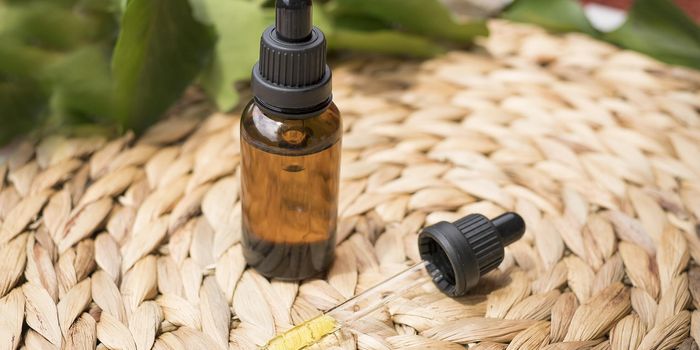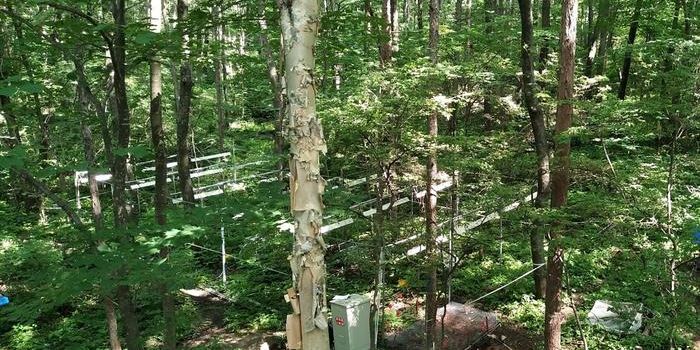Increasing Heat Resistance In Plants With Steroid Hormones
Breaking heat records have become an increasingly common, and alarming, trend over the past couple decades. Temperatures have risen by about .3 degrees Fahrenheit per decade over the past 40 years, with 2020 being the second warmest year on record, according to the National Oceanic and Atmospheric Administration.
The widespread rise in global average temperatures can have numerous consequences, particularly on plants. The stress caused by excessive heat can cause irreversible damage to plants, including stunting their growth and causing them to not flower. When crucial plants falter, it can send shockwaves across an ecosystem, causing it to potentially destabilize. Heat stress can also have implications for food security and crop production.
At the same time, plants have certain mechanisms in place to help them respond to and protect themselves against excessive amounts of heat. Specifically, cells have ways of activating a defensive molecular pathway, called heat-shock response. This pathway produces heat-shock proteins that help shield other key proteins to prevent them from unfolding. Chemical messengers, such as brassinosteroids (a hormone that helps facilitate plant growth), play a vital role in mediating these responses to heat.
A new study published in the EMBO Journal has taken a closer look at brassinosteroids, how they work, and how they could be potentially enhanced to improve the heat response of plants.
Researchers studied the Arabidopsis thaliana (or thale cress) plant. They found that brassinosteroids help regulate the activity of transcription factor BES1, which is responsible for turning portions of DNA on and off, portions of DNA that are responsible for the production of heat-shock proteins. Therefore, inducing BES1 activity through brassinosteroids could help improve the heat resistance of plants.
These findings have numerous applications, with particularly important ones in agriculture. Certain biostimulants already exist for organic farming that contain brassinosteroids, such as Vitazyme. Researchers also speculate that BES1 could be a target in future breeding efforts in plants, with the goal of creating more heat-resistant species to help agricultural efforts cope with rising temperatures.
Sources: Science Daily; EMBO Journal; NOAA








